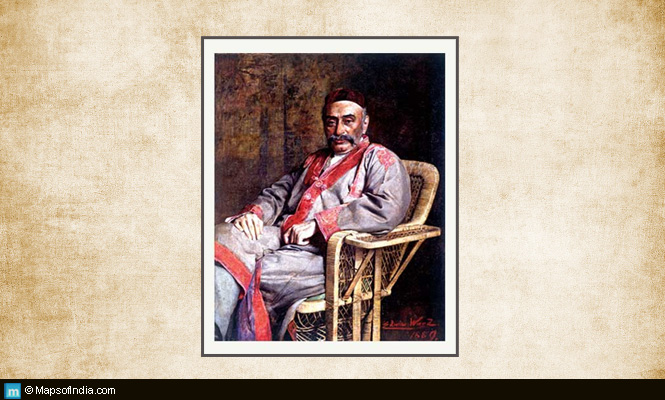The Modi Government chose to release a commemorative coin for Jamsetji Nusserwanji Tata because he is considered as the “father of Indian industry” in the true sense of the word.
A Commemorative Coin Released In Honour of Jamsetji Tata Jamsetji Tata

